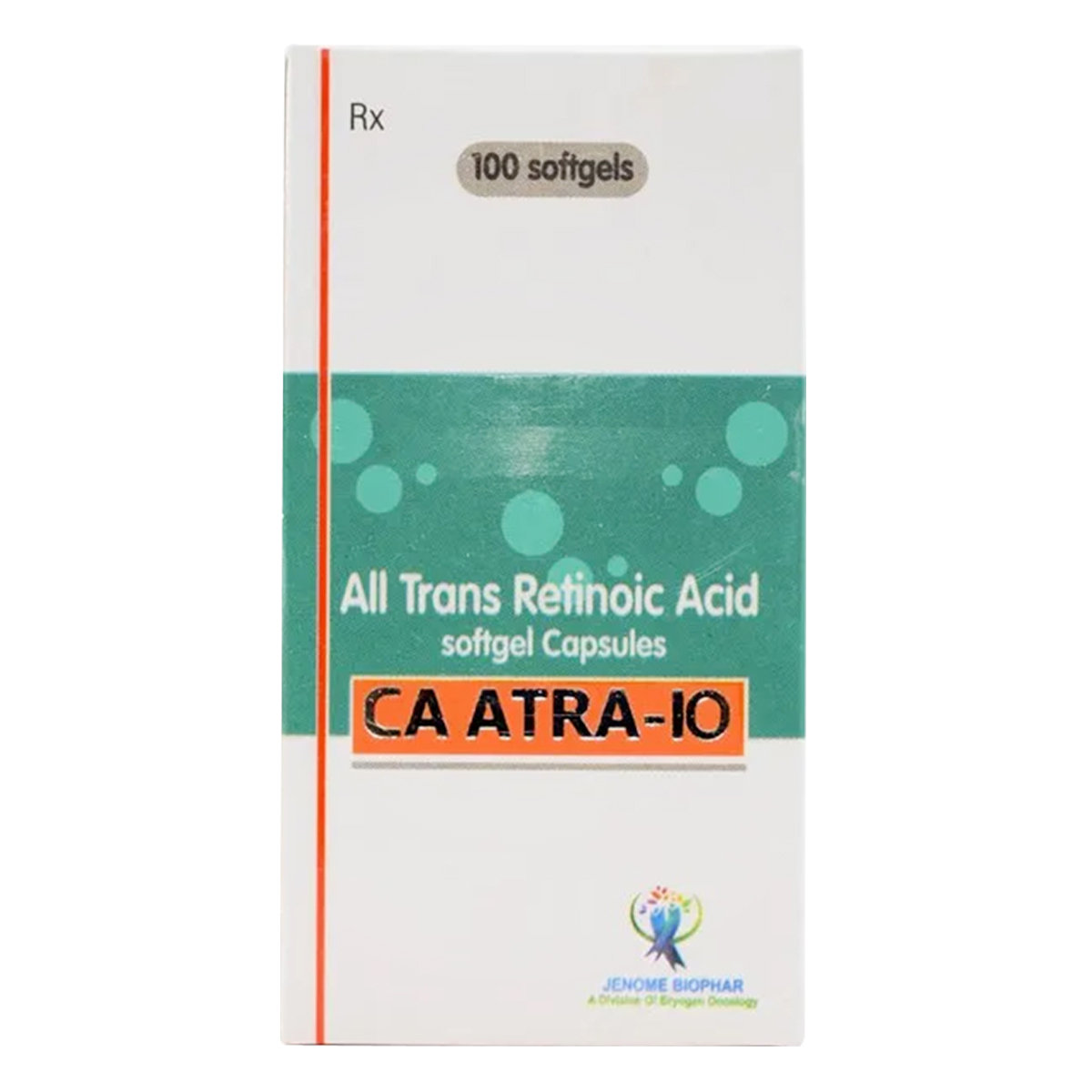Tretinoin
About Tretinoin
Tretinoin is used to treat acne (pimples) and sun-damaged skin. Acne is a skin condition that is common and occurs when hair follicles are blocked with dead skin cells and oil.
Tretinoin contains tretinoin, also known as retinoic acid (a form of vitamin A), that loosens and unblocks pores on the skin’s surface by reducing the oil secretion in the skin. This prevents the formation of pimples, whiteheads, and blackheads.
Tretinoin is for external use only. Your doctor will advise you on how often you use Tretinoin based on your medical condition. Avoid contact of Tretinoin with nose, mouth, eyes, ears, or vagina. In case Tretinoin comes in contact with these areas accidentally, rinse with water thoroughly. Some people may experience dry skin, peeling, redness, burning, itching, or stinging sensation of the skin. Most of these side effects of Tretinoin do not require medical attention and gradually resolve over time. However, if the side effects persist or worsen, please consult your doctor.
If you are allergic to Tretinoin or any other medicines, please tell your doctor. If you are pregnant, a nursing mother, or planning for pregnancy, it is advised to consult a doctor before using Tretinoin. Avoid sun exposure while using Tretinoin as it may make the skin more sensitive to sunlight and cause sunburn. Wear protective clothing and use a sunscreen lotion (SPF) while going out to protect your skin from sunburn. Do not apply Tretinoin in larger amounts than prescribed, as it does not give quick or better results but causes peeling, marked redness, or skin discomfort. Patients with a history of depression, eczema, history of skin cancer, and fish allergies should use Tretinoin with caution.
Uses of Tretinoin
• Acne Treatment: Tretinoin is frequently used to treat acne by increasing the number of skin cells, clearing pores, and minimizing blackheads and whiteheads.
• Anti-Aging Benefits: Tretinoin is famous for its power to reduce fine lines and wrinkles by boosting collagen production and improving skin texture.
• Hyperpigmentation Treatment: Tretinoin can help remove dark patches, patchy discolouration, and uneven skin tone. This makes it suitable for treating melasma and sunspots.
• Minimizing Pore Size: Using Tretinoin can help to reduce the appearance of large pores by keeping them clear, eliminating blockages, and supporting smoother skin.
Medicinal Benefits
Tretinoin is a form of vitamin A (retinoid) that loosens and unblocks pores on the skin’s surface by reducing the oil secretion in the skin. This prevents the formation of pimples, whiteheads, and blackheads.
Directions for Use
- Apply Tretinoin once daily at bedtime; however, follow your doctor’s advice regarding the dosage and duration.
- Take a small amount of Tretinoin on the fingertip and apply it to the clean and dry affected area.
- Wash your hands before and after using Tretinoin.
- Avoid contact of Tretinoin with nose, mouth, or eyes. In case Tretinoin comes in contact with these areas accidentally, rinse with water thoroughly.
- Do not apply other skin products for at least 1 hour after applying Tretinoin.
Storage
Side Effects of Tretinoin
- Dry skin
- Peeling
- Skin redness
- Burning
- Itching
- Stinging sensation
Drug Warnings
If you are allergic to tretinoin or any other medicines, please inform your doctor. If skin irritation, redness, burning, or stinging sensation worsens at the site of application, stop using Tretinoin and consult a doctor. If you are pregnant, planning for pregnancy, or are a nursing mother, it is advised to consult a doctor before using Tretinoin. Avoid sun exposure, use a sunscreen lotion and wear protective clothing while going out in the sun as Tretinoin may make the skin more sensitive to the sun. Do not apply Tretinoin in large amounts than prescribed as it does not give quick or better results but causes peeling, marked redness, or skin discomfort. Use Tretinoin with caution when used together with medicated or abrasive soaps, cleansers, shampoos, astringents, products with high concentrations of alcohol, electrolysis, hair depilatories, or waxes or topical medications as they may increase skin irritation.
Drug Interactions
Drug-Drug Interaction: Tretinoin may interact with vitamin A-related drugs known as retinoids (isotretinoin), photosensitizing agents (aminolevulinic acid, methoxsalen, porfirmer, verteporfin), sensitizer (methyl aminolevulinate), keratolytic agents (benzoyl peroxide, salicylic acid, sulfur), antiseptic (resorcinol).
Drug-Food Interaction: No interactions found.
Drug-Disease Interaction: If you have eczema (itchy, swelling of the skin) or any other skin condition, inform your doctor before taking Tretinoin.
Drug-Drug Interactions Checker List:
Safety Advice

Alcohol
cautionInteraction of alcohol with Tretinoin is unknown. Please consult a doctor before consuming alcohol while using Tretinoin.

Pregnancy
unsafeTretinoin is Category C pregnancy drug and is considered unsafe for pregnant women. Therefore, if you are pregnant, inform your doctor before using Tretinoin.

Breast Feeding
cautionIt is unknown whether Tretinoin is excreted in human milk. Please consult a doctor before using Tretinoin while breastfeeding.

Driving
safe if prescribedTretinoin usually does not affect your ability to drive or operate machinery.

Liver
cautionIf you have any concerns regarding the use of Tretinoin in patients with liver problems, please consult a doctor.

Kidney
cautionIf you have any concerns regarding the use of Tretinoin in patients with kidney problems, please consult a doctor.

Children
unsafeTretinoin is not recommended for children below 18 years as the safety and effectiveness were not established.
Habit Forming
Diet & Lifestyle Advise
- Avoid sun exposure while using Tretinoin as it may make the skin more sensitive to sunlight and cause sunburn. Wear protective clothing and use sunscreen while going out to protect your skin from sunburn.
- Regular exercise can improve your mood and self-esteem, though it doesn’t clear acne. Take a shower immediately after finishing exercise as sweat may irritate acne.
- Do regular hair wash and avoid hair falling across the face.
- Use water-based cosmetic products and remove the makeup completely before going to bed.
Special Advise
- Do not apply Tretinoin in larger amounts than prescribed, as this does not give quick or better results but causes peeling, marked redness, or skin discomfort.
- Do not squeeze spots or try to clean blackheads, as it may worsen them and cause permanent scarring.
Patients Concern
Disease/Condition Glossary
Acne: Acne is a common skin condition that occurs when hair follicles are blocked with dead skin cells and oil, causing pimples, whiteheads and blackheads. Acne affects people of all ages but is most common among teenagers. The symptoms of acne include pus-filled pimples, uninflamed (not swollen) blackheads, and red, large and tender bumps.
FAQs
Tretinoin is primarily used to treat acne (pimples) and sun-damaged skin.
Tretinoin may increase the skin sensitivity to sunlight in the treated areas. Therefore, avoid or limit exposure to sunlight and sunlamps. You are advised to use sunscreen with a minimum SPF 15 and wear protective clothing while going out to prevent sunburn.
You are recommended to use cosmetics after 1 hour of applying Tretinoin but avoid cosmetics with a strong drying effect as they may increase skin irritation. If you are using any cosmetics, clean your face before applying Tretinoin again.
Yes, Tretinoin may cause skin irritation, burning sensation or itching at the site of application. Extreme weather conditions such as cold or wind may cause more irritation in patients using Tretinoin containing products. However, if the irritation worsens, stop using Tretinoin and consult a doctor.
You are advised to use moisturizers in the morning every day to prevent dryness in the treated areas.
Tretinoin does not remove wrinkles completely or repair skin damaged by the sun. Tretinoin may reduce fine wrinkles, especially when used along with other skincare products.
You are recommended to use Tretinoin for as long as your doctor has prescribed it. However, the course of treatment with Tretinoin takes up to 6 months for effective results.
Acne is a skin condition that is common and occurs when hair follicles are blocked with dead skin cells and oil.
Tretinoin increases cell turnover on your skin, which can promote new cell growth at the site of your scarring. As a result, it may help to reduce acne scars.
Limited research available. So, seek medical attention from your dermatologist.
Tretinoin can be a safe, effective treatment option for acne.
Tretinoin is Category C pregnancy drug and is considered unsafe for pregnant women. Therefore, if you are pregnant, inform your doctor before using Tretinoin.
Skin peeling occurs for a variety of reasons. First, tretinoin is an exfoliator. When you apply tretinoin gel or cream to your face, your body speeds up the rate at which it replaces old skin with new skin, shedding the old layer of skin in the process. Second, tretinoin can increase your skin’s sensitivity to sunlight, making it more likely that your facial skin could become sunburned and peel off naturally after sun exposure. Using a moisturizer and avoiding sunlight exposure is recommended to manage skin peeling.







